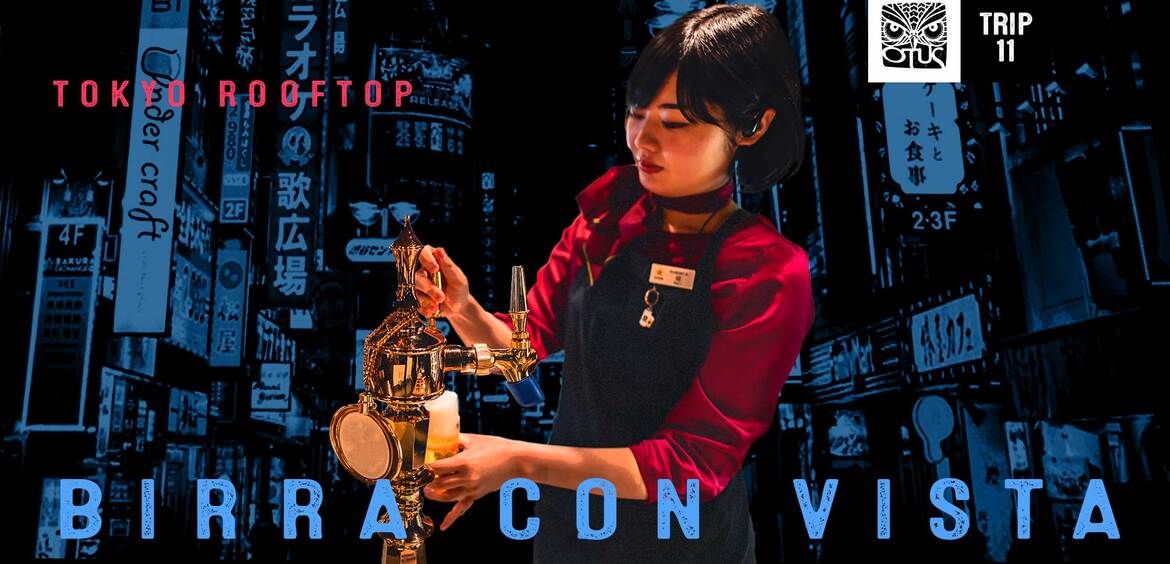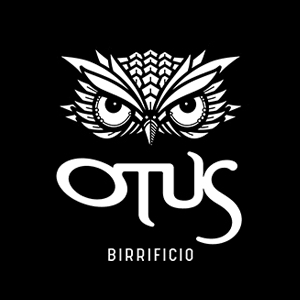
Tokyo Beer Garden | beer with a view
Tokyo interprets beer garden in a creative way: Japanese people add the spectacular skyline view to the pleasure of drinking beer in open spaces.
If you would like to discover new ways of enjoying beer, follow us in our Trip to Tokyo, where new trends are coming. We would like to look around the Japanese interpretation of beer garden and we tell you immediately: we need get up high because, in order to reach the “beer gardens” of this modernity capital city, we need to take the lift.
However, pay attention: in the Land of the Rising Sun, drinking and conviviality bon ton requests compliance with the rules. It is better to get informed beforehand about the relationship between Japanese people and beer.
Japanese beer history started in 1853.
L’avventura brassicola del ‘Sol levante’ è ottimamente sintetizzata nell’articolo “La storia della birra in Giappone: giovane, ma dinamica!” del Giornale della Birra di cui riportiamo qui alcuni stralci:
“sembra consolidata l’ipotesi che la prima birra sia stata prodotta nel 1853 da Kōmin Kawamoto […] seguendo la descrizione trovata in un libro olandese. […] gli anni ’90 dell’800 furono caratterizzati da un periodo di prosperità della birra in Giappone, tanto che nel 1901 il governo introdusse la Legge sulla Tassa della Birra per prevenire l’eccessiva competizione domestica, promuovere le esportazioni e concentrare il capitale”.
La Seconda guerra mondiale rallenta il processo, ma nei primi anni ’50 la produzione ritorna a crescere e già negli anni ’60 i giapponesi bevono più birra che sakè. Oggi la birra è la bevanda più amata.
Japanese beer has a craft vocation


Japan is one of the countries that drinks more beer and there are several industrial brands, because during the last century the government favoured the beer industry birth.
However craft vocation has always been present and, after various events, from 1954 on, microbreweries started to appear. On that year the government reduced the minimum quantity of beer that a brewery had to produce to get and keep the license and, for this reason, a lot of craft breweries were born. Today, there are several craft brewers that produce excellent beers, some of them own their own tapping pubs.
Afterall, Rising Sun work ethic imposes perfection in all what is done, so, who can interpret the craft beer spirit in a better way than Japanese people?
Beer gardens, a Bavarian invention that the Rising Sun likes.
Before talking about Tokyo beer gardens, we need a second brief historical excursion in our part of the planet: let’s jump to Bavaria.
Beer garden concept is not recent, the first ones were born in Munich in the Nineteenth century from those breweries, whose cellars were dug on the Isar banks. Beer was tapped and served fresh to those people walking along the river. For them, a huge quantity of long tables were available under the trees where people randomly sat down and chatted; the atmosphere was informal and people could take their own food from home, even though some breweries served different dishes.
Beer gardens widespread from Munich to all over Europe and worldwide, taking always more modern forms, adapting to specific cultures and to urban characteristics of huge modern metropolis.
Tokyo is the city where work permeates any existence area on the basis of a unique duty and sacrifice ethic. Even free time is not totally free, being this influenced by social duties imposed by work relationships. For example, taking part in after-work meetings with colleagues is a strict rule, even though it is not written, and a refusal is a seen as rudeness. All this happens following customs and traditions that form a sort of etiquette to which people must diligently stick.
In this context, beer gardens represent a particularly informal convivial place and thus appreciated. If Edochian people [Tokyo inhabitants] hang out in tachinomi (standing bars), izakaya (similar to pubs), ùsunakku (snack bars) and other indoor pubs during the year, during the summer their desire to sit in open-air pubs comes out and beer gardens opening is greeted with enthusiasm.
Beer gardens in Tokyo are rooftops.
What is most curious about Tokyo beer gardens? The position. Yes! In one of the city with the highest density of skyscrapers worldwide, a lot of “beer gardens” are located on the top of those steel and glass towers. From rooftops, Tokyo skyline night view is breath-taking and our gaze gets lost in Rainbow Bridge coloured reflections over the bay water. Sunset is the perfect moment to relax in the summer breeze with a pint of fresh beer with friends, maybe seeing Mount Fuji in the distance when the sky is sufficiently clear.
If this top-down perspective aroused your interest, we suggest you to visit some particularly suggestive beer gardens.
• At Mt. Takao Beer Mont you can sip a craft beer at an altitude of 500 mt. During the afternoon you can see skyscrapers from a wide terrace, while during the night you can stargaze. You will find a rich buffet of typical Japanese food, among which handmade Hachioji ramen.
• In Shinjuku special district, Tenku no Beer Garden will welcome you in an area set up as a resort under tropical plants. You will enjoy a wonderful view from above of Tokyo city centre, you can choose between Japanese or international beers, to be tasted paired with grilled food.
• In Ikebukuro district, on the ninth floor of Seibu, a huge store house, there is Seibu Roof Garden, you will enter “in a Monet painting”: the garden is inspired to the one in the artist’s house in Giverny. You will be enraptured by the sunset view over the city, surrounded by the enchanting atmosphere created by the pond and its water lilies.
• The most dynamic ones can mix shopping, nightlife and beach at Wild Beach Tokyo Sky Resort, a summer area on the rooftop of a mall in Shinjuku district, that includes picnic garden, beer terrace, rainbow beach and glamping.
• If you want to enjoy a barbecue in the centre of Tokyo, you can go in Roppongi district, at Ark Hills South Tower. On the top of the skyscraper, you will find a relaxing and luxurious panoramic garden when you can grill by yourself or you can order a selection of grilled meat among beef, pork and Fiorentina steak.
• If you want to watch one of the most beautiful folkloristic events in the city, go to Takadanobaba station in August. On the rooftop of Sounds Building, from Sounds Terrace you will have a perfect view of Jingu Gaien fireworks.
Many are the high-altitude beer gardens, but chaotic and vibrant Tokyo offers also beer gardens in huge and refined indoor green areas. You will find several ones, here we quote only Forest Beer Garden, in Meiji Sanctuary gardens, where a pint of beer can be tasted under the trees, near small waterfalls gurgling.
Beer, apposhu and happousei.
In Japan, national legislation allows to affix the name beer only when the drink contains at least 6.7% of barley malt; if the percentage is lower, the drink is called happoshu. If it is produced with soybeans and other malt substitutes, it is called happousei.
Generally, in beer gardens Japanese industrial beers or craft beers [ji-biiru] are served. You should also taste a good beer made with Matcha tea.
Tips to handle Japanese bon ton rigour.
As mentioned above, etiquette rules in Japan are important and respecting them can avoid embarrassing situations.
• When drinking in company, everybody usually takes the same drink for the first round.
• Japanese people are used to pour the drink one to another, so do not fill your glass by yourself. If someone of the group wants to pour you something to drink, raise your glass and look him or her in the eyes as a sign of appreciation and do the same with him or her. Subordinate workers pour the drink to senior workers. Drinking from the bottle is rude.
• Wait to drink until everybody has the glass filled and wait to toast in any case. Toast is made standing while saying kanpai (literally “dry glass”). Avoid saying cincin, the meaning is offensive in Japanese.
• If you cannot hold your liquor, here a tip: leave your glass full, so that nobody will try to fill it again.
If you dream of sipping a beer while admiring Tokyo skyline from a nice panoramic terrace with a zen atmosphere, but you can’t flight to the Land of the Rising Sun right now, a fresh OTUS beer will re-connect you with reality.
Follow us in the next Trip. See you soon.


